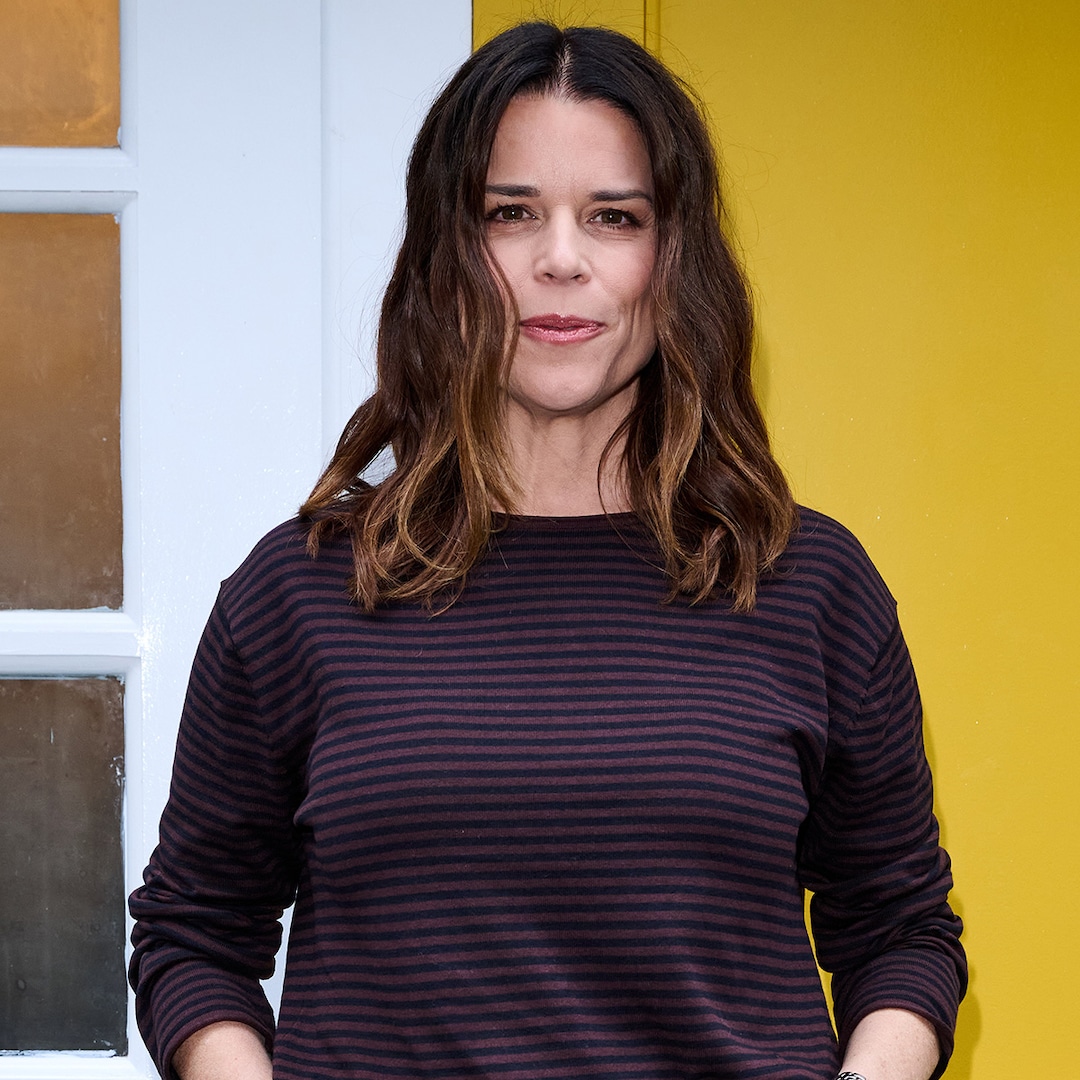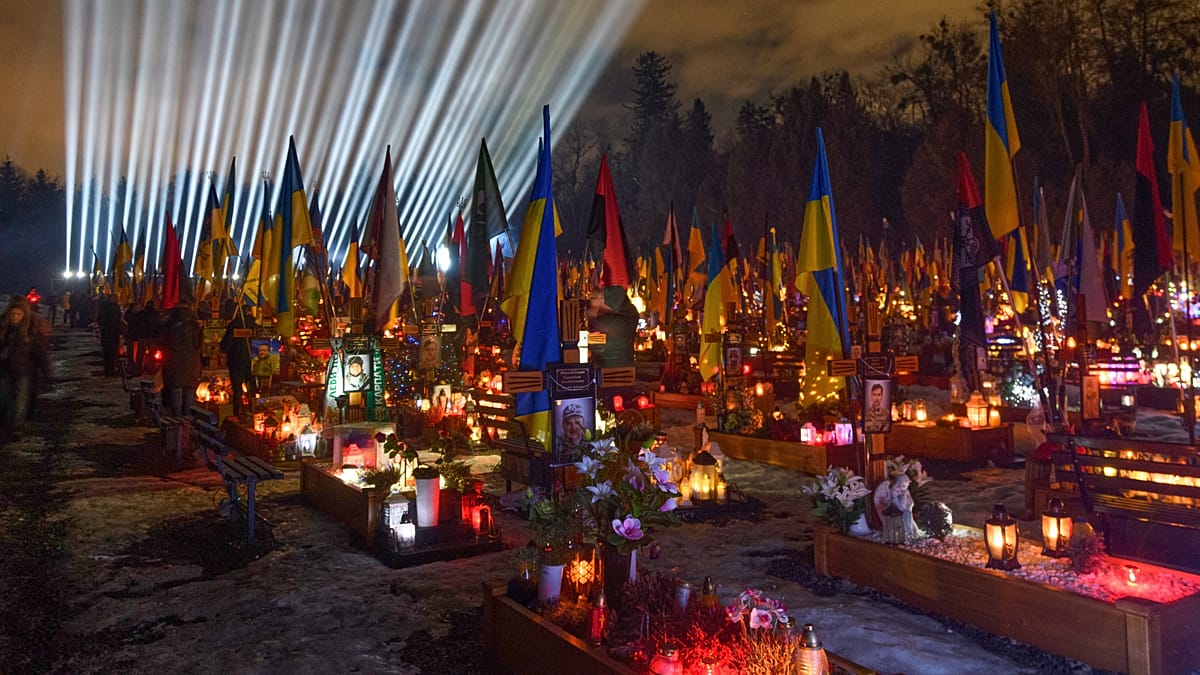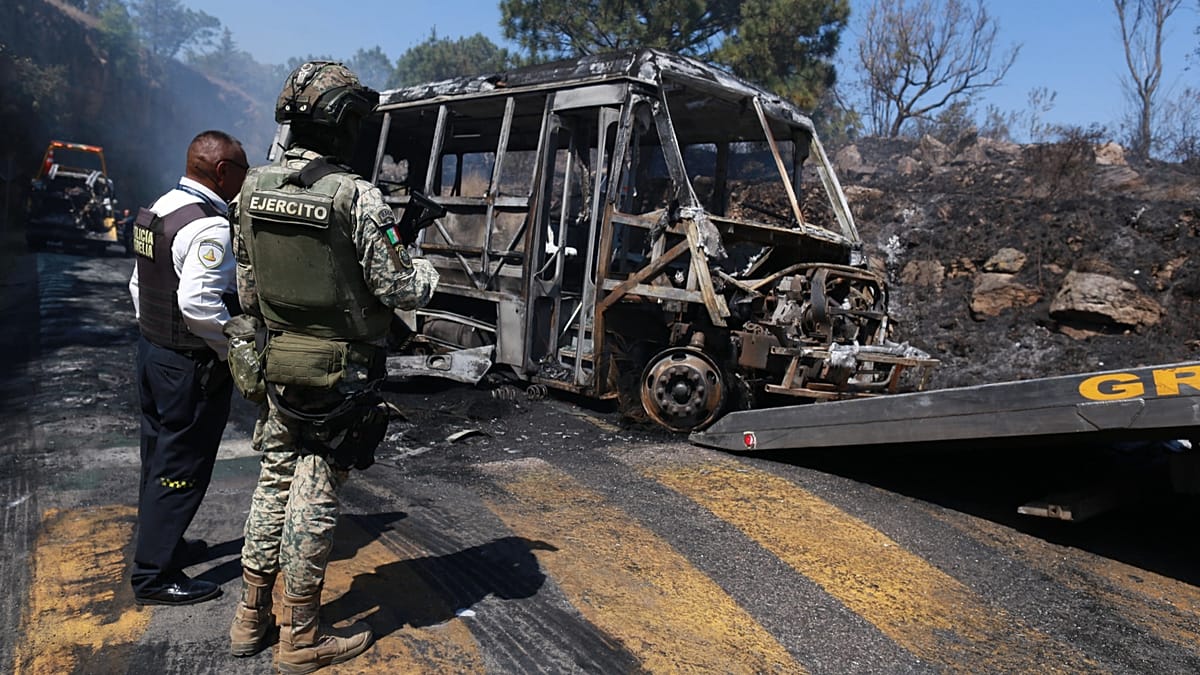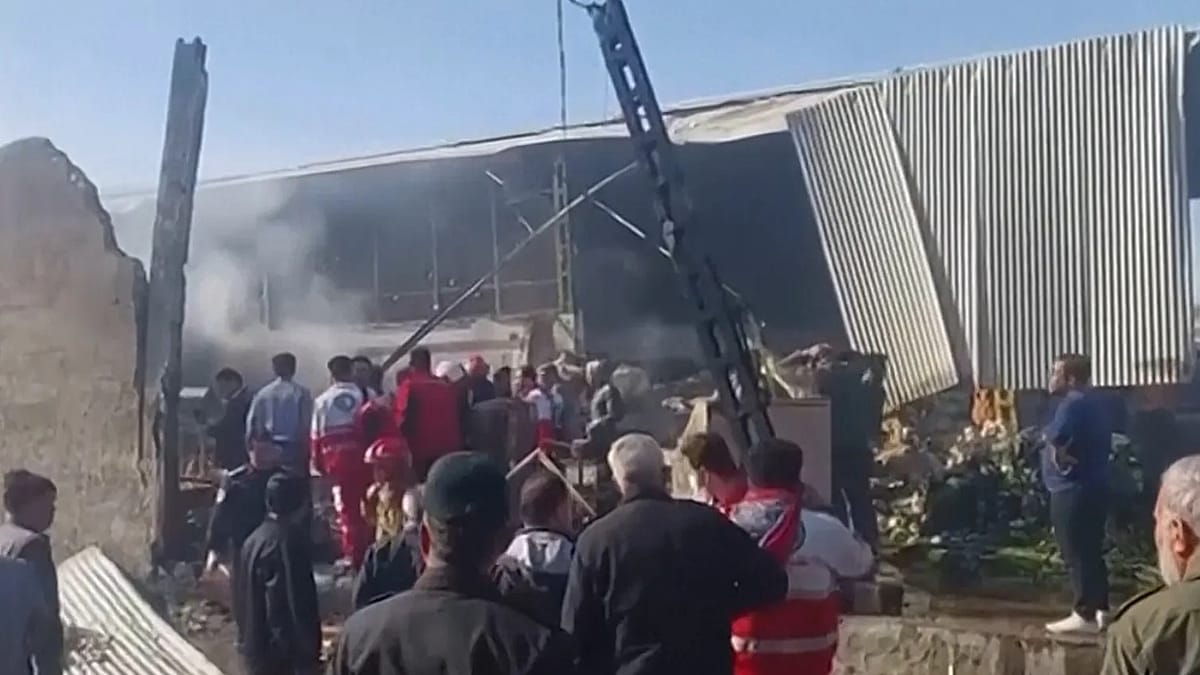From rare to resilient: Why exceptional cancer survivors signal a white space for startups

In oncology, progress is often described in cautious terms: a few months’ extra survival, a slightly improved quality of life, a percentage-point increase in remission. These steps matter, but they also reflect an industry built around averages. Clinical trials, treatment guidelines and approval frameworks all optimise for the “median” patient outcome.
Yet hidden inside every dataset are extraordinary outliers: cancer patients who, against all statistical odds, live far longer, and far better, than predicted. These “exceptional survivors” have traditionally been dismissed as anomalies. But what if, instead of treating them as medical curiosities, we saw them as the prototypes of a new standard? That is where I believe the opportunity lies, not just for science, but for startups, investors and healthtech pioneers.
From medical curiosities to a startup opportunity
The stories of exceptional survivors are not just inspirational; they are a largely untapped data source. Their biology, immune responses, genetic variants, lifestyles and psychosocial environments may hold clues to survival mechanisms that medicine has not yet translated into treatments.
This opens a massive white space for innovation. Startups are uniquely positioned to explore it because they can move faster than incumbents, cross traditional silos and experiment with technologies that scale. Agile startups can start from this observation and ask the question: what is right in the biology of survivors, and how can we replicate it?
For founders, this is a frontier market. For investors, it represents an underexploited therapeutic category with the potential for cross-cancer applications, lower toxicity profiles and reduced costs compared with late-stage interventions.
The tech enablers are already here
Until recently, resilience research was not feasible. Today, technology has rewritten the rules, and many of the leaders and drivers of this change are based in Europe.
Exceptional survivors are rare by definition and geographically scattered, making a large-scale study nearly impossible. But technology has changed the game overnight. AI and big data can now analyse billions of biomedical data points to spot survival patterns invisible to the human eye. Biobanking and sequencing provide high-resolution biological samples from patients worldwide. Digital twins allow researchers to model patient responses and simulate resilience mechanisms. Global data platforms can pool survivor cases across borders, creating the statistical power needed to extract actionable insights.
A nascent ecosystem and room to grow
Resilience-focused oncology today is where precision medicine was 15 years ago: rich in promise but still underfunded and under-recognised. Dedicated funding streams are needed, both public and private, to support early-stage ventures in this space. Regulatory pathways must also adapt to encourage resilience-driven endpoints, not only median survival metrics.
At the same time, cross-disciplinary collaboration is key.
Startups that can unite oncologists, immunologists, geneticists, data scientists and behavioural researchers will have an edge. Building resilience profiles requires a true 360° view of patients, not just tumours. That means integrating lifestyle, psychosocial and environmental data alongside biological samples. This is not a trivial challenge. But it is precisely the kind of complex, boundary-crossing problem where startups thrive and have a clear advantage over traditional health organisations, which tend to be siloed.
What is next for founders and investors
- If you are a founder, resilience research is not just about biology; it is about data ownership, patient engagement and platform design. How can you create spaces where survivors contribute their stories and samples in exchange for transparency, support and real-world impact? How do you make data collection longitudinal, global and scalable? These are product and business model questions as much as scientific ones.
- If you are an investor, resilience-focused oncology may be the next big therapeutic category. The potential for multi-cancer treatments, faster clinical trial recruitment and lower systemic costs is enormous. Just as rare disease startups reshaped biotech over the past decade, resilience startups could define the next one.
- If you are a policymaker or ecosystem builder, the priority should be enabling global data collaboration. Exceptional survival cases are few; without international pooling, the statistical power is too weak. Europe has an opportunity to lead here by fostering data-sharing frameworks that respect privacy but allow startups to innovate on top of shared knowledge.
From outliers to new standards
The shift from focusing on “median patients” to learning from “exceptional survivors” will not replace oncology as we know it, but it could enrich it and accelerate transformative breakthroughs. Imagine clinical trial endpoints that do not just ask, “How long did the average patient live?” but also, “How many crossed into the realm of exceptional survival?”
The vision is clear: if startups and investors lean into this space, if regulators and funders support it, and if global data networks scale it, then what we currently call “exceptional” could one day become normal. The future of oncology will not be built on averages. It will be built on resilience. And startups have a once-in-a-generation chance to lead the way.
The post From rare to resilient: Why exceptional cancer survivors signal a white space for startups appeared first on EU-Startups.
















































